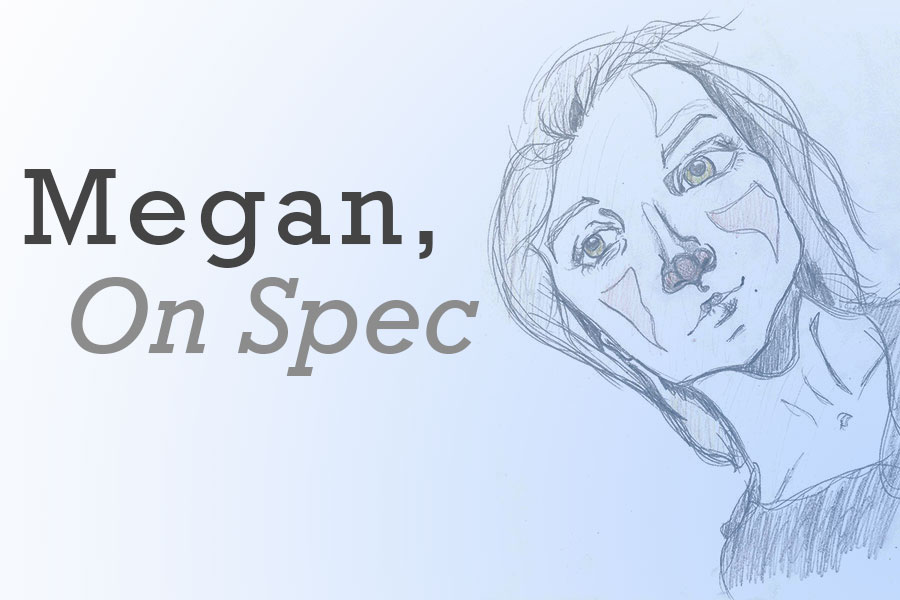Why are sad movies always the best?
Last year’s movie season just came to an end with the annual Academy Awards. We saw Leo finally get his Oscar, the return of Ali G, and (thanks to Chris Rock) the most uncomfortable group of white people we’ve seen in a long time.
We also saw movies like “The Revenant,” “Spotlight,” and “Mad Max: Fury Road” take home top awards. None of them being particularly happy movies at that. I certainly didn’t go home smiling after seeing Leo get mauled by a bear.
We see this phenomenon every year, where the “sad” movies take home all of the awards. I mean, look at recent Academy Award winners: “Dallas Buyers Club” and “Silver Linings Playbook.” They tell the stories of people deemed broken by society and how their past experiences will haunt them like ghosts.
Movies like these capture our attention because we go to the movie theater is to feel something, to feel a warmth we don’t typically experience on an everyday basis. We want to feel emotion in a powerful way, and I think sadness happens to be one of the most intense. It’s a different kind of adrenaline rush, a way to feel differently than we normally do. Our eyes get teary, our hearts beat harder, breathing become intense and labored.
It’s much easier to throw around the word heartbroken than it is to feel rapturous. Rapturous is a word we learn not to write in essays or papers because it’s just too strong. But heartbreak is mainstream. It’s easier to accept feelings of despair or pain because it’s familiar. We know what makes us sad, but not necessarily what makes us happy.
And I think that says something about our culture, how we tend to embrace blood and tears rather than sunshine and rainbows. How we revere movies about war and ultimate loss as the greatest, while leaving out movies that simply make us smile.
Perhaps we think of happiness as childish, as we grow older and more cynical. Or maybe movies about death and destruction are just better – better made and better written. Or maybe it’s something more deep-seated in our culture.
Something to do with the familiarity of the underdog, the rags-to-riches transformation of a failure into a success, the pain we endured to realize where we are today. Those movies just serve as a reminder that hurt is real. But it does get better.

Senior Megan Oosthuizen is the editor-in-chief and this is her fourth year on staff. She lives and breathes newspaper, but still struggles to find a career...



